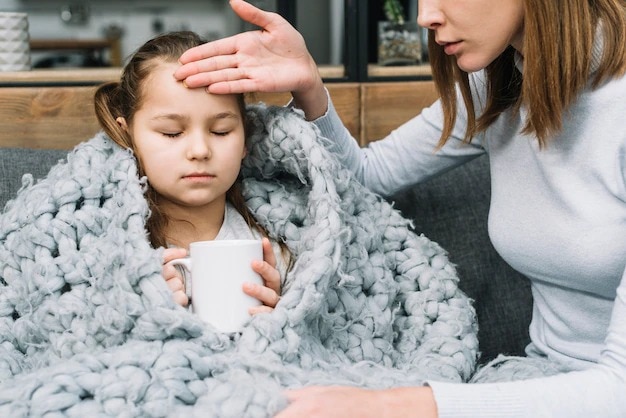There is no specific antiviral treatment for mumps. However, here are certain precautions that needs to be consider preventing this contagious viral infection.
There is an increasing number of mumps cases among children in India. This viral infection is mostly causing stirs in the states like Maharashtra, Hyderabad and Telangana. The outbreak is causing concern among parents because kids are getting fevers, colds, headaches, and muscle aches. This contagious infection can also pose risks for pregnant women and their unborn babies. So, it’s important to keep yourself safe and protected from the deadly virus. To understand more, in this article, we will tell symptoms, precautions and treatments to be more aware of.
What Are Mumps?
According to Healthline, Mump is a contagious disease caused by a virus that passes from one person to another through saliva, nasal infections and close personal symptoms. The condition primarily affects the salivary glands, also called the parotid glands. These glands are responsible for producing saliva. There are three sets of salivary glands on each side of your face, located behind and below your ears. The hallmark symptom of mumps is swelling of the salivary glands.
Symptoms of mumps usually appear in 2-3 weeks
- Headache
- Fatigue
- Tiredness
- Loss of Appetite
- Fever
- Enlargement of the cheeks or jaw due to swollen salivary glands
- Discomfort while chewing or swallowing
What is The Treatment For Mumps?
There is no specific antiviral treatment for mumps. The management of mumps is generally focused on reliving symptoms and providing supportive care. Here are a few precautions one can keep in mind:
- Avoid acidic foods and beverages that may cause more pain in your salivary glands.
- Those who have swollen glands or swelling below the ears should be identified as suffering from mumps. He or she should be isolated for at least 7 days after the onset of swelling.
- The MMR (measles, mumps, rubella) vaccine is highly effective in preventing mumps. Children commonly get 2 doses, the first at 12-15 months and the second at 4-6 years of age.
- Take over-the-counter pain relievers, such as acetaminophen and ibuprofen, to bring down your fever.
- Have proper rest and drink plenty of to avoid dehydration due to fever
- Have foods that aren’t hard to chew like soup, yoghurt etc.
If someone is diagnosed with mumps, they are generally advised to avoid close contact with others to prevent the spread of the virus. Always consult a healthcare provider for better advice and treatment.
–>
